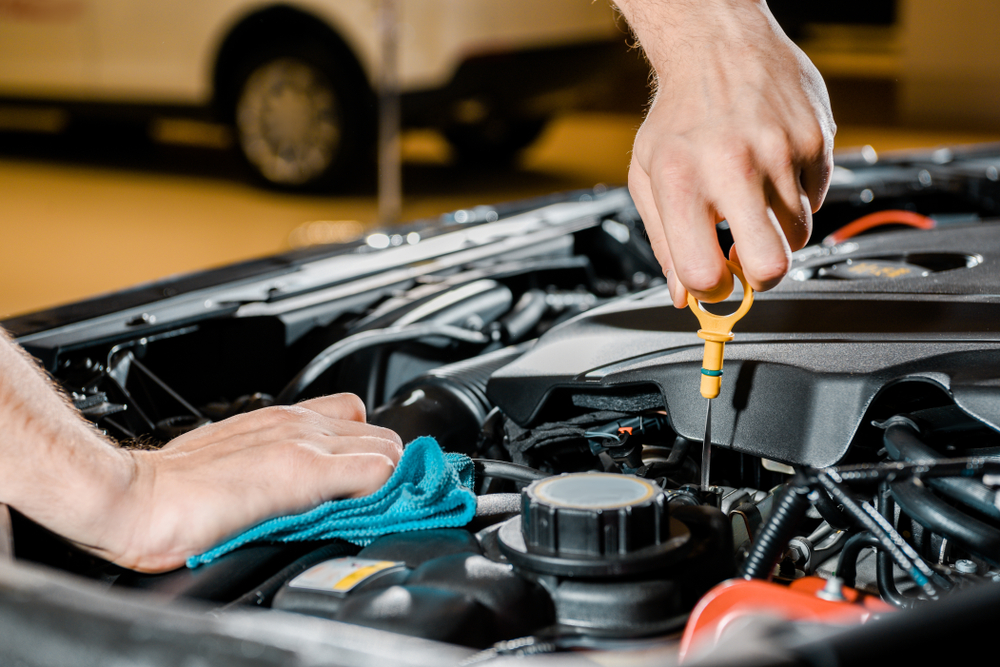So many factors impact the longevity of your car, from how you drive to how you care for and maintain your vehicle. Routine maintenance is required to get the most out of your car’s lifespan and performance. Let’s look at how regular maintenance can help your car last longer.
Tires
The overall well-being of your vehicle can be significantly affected by the health of your tires. Low tire pressure can negatively impact your car’s fuel efficiency and overall performance. Plus, they are dangerous to drive on for too long. Similarly, low treads can also affect your car’s performance capability, making your engine and transmission work overtime.
Brakes
There are three crucial elements to routine brake maintenance.
- Brake Fluid
While brake fluid doesn’t require too much attention, you should have it drained and replaced every 2 or 3 years. Contaminated brake fluid can corrode parts of the brake system and cause pressure loss, leading to brake failure. - Brake Pads
Your brake pads and rotors will be the most highly maintained part of your brakes system. The rule of thumb is to replace your brake pads every 10 000 to 20 000 miles and rotors every 50 000 to 70 000 miles. Ignoring warning signs that either of these things needs replacing can result in complete brake failure, which could cause an accident. - Brake Line
Many different brake line components can dry out, rust, crack, etc., especially when exposed to the elements. Even the seemingly minor issues can result in brake failure. Having your brake line inspected when your fluid is changed or brake pads replaced will keep you informed of any potential problems.
Since the brake system is the most essential safety feature a car has, it’s not hard to understand its value towards the longevity of your vehicle.
Transmission
The transmission is the heart center of your car. Its health affects virtually every other part of your car, especially the engine. Transmissions should be serviced once every two years or every 50 000 miles, whichever comes first. Servicing should include:
- Transmission fluid flush and replacement
- Pan inspection
- Cleaning or replacing the filter
- Pan gasket replacement
A well-maintained transmission can last seven to ten years.
Oil Change
An oil change is one of the most essential pieces of routine maintenance you can give your car. It can:
- Maintain engine lubrication
- Cool engine components
- Remove particles and sludge
- Improve gas mileage
- Increase engine longevity
If nothing else, ensuring your oil gets changed every 5 000 to 7 500 miles will go a long way to extend your vehicle’s life. Unless you are car savvy with the right equipment, your local automotive specialist can take care of most of these maintenance items.
Contact FTS Auto Repair to help with all your maintenance needs for the best auto repair shop in San Diego. Our friendly and knowledgeable auto repair specialists will provide top-notch service for everything from minor repairs, to preventative maintenance, to emergency repairs. Bring your vehicle by for service and repairs, or make an appointment today!


0 Comments